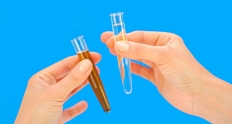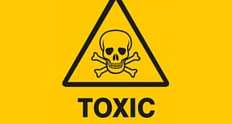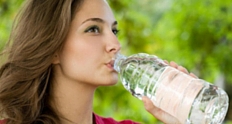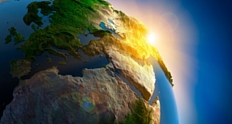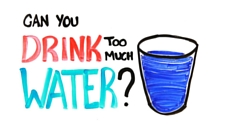If you're a living creature that requires water on a daily basis to survive, water pollution should be a huge cause of concern for you. And the only way to save our waterways is if we all work together to minimize our impact on the Earth's dwindling fresh water supply.
Table of contents
- Water Pollution Causes
- Solutions to Water Pollution
- Preventing Water Pollution is a “Must” not a “Should”
1. Water Pollution Causes
Sewage
Over half of all water pollution is caused by sewage. While city treatment plants do their best to decontaminate the waste water that comes from homes and businesses, there isn't much that can be done about diseases, chemicals, needles, paper, etc. A city water treatment plant can dump as much as 16,000 tons of sewage into the water supply every day. It's estimated close to 10 billion tons of sewage find its way into the global water supply each year.
Then there's cruise ships and ocean liners. Cruise ships being perhaps the worst polluters of all on the planet for sewage. Every bit of waste made onboard a cruise ship is dumped straight into the ocean; most using antiquated treatment systems (learn more). It's estimated that at least 1 billion tons of sewage are dumped into the ocean every year by cruise ships alone.
Home Septic Tanks
It's unknown just how many home septic tanks around the world leak waste into our ground water. The cost to replace one can cost up to ten-thousand dollars, meaning that only the most environmentally-responsible homeowners are likely to replace them. Most states and provinces have rules stating that a septic tank must be inspected before selling a home. However, few have any regulations regarding regular inspections when the same person owns a home for long periods of time.
Underground Storage and Pipe Leakage
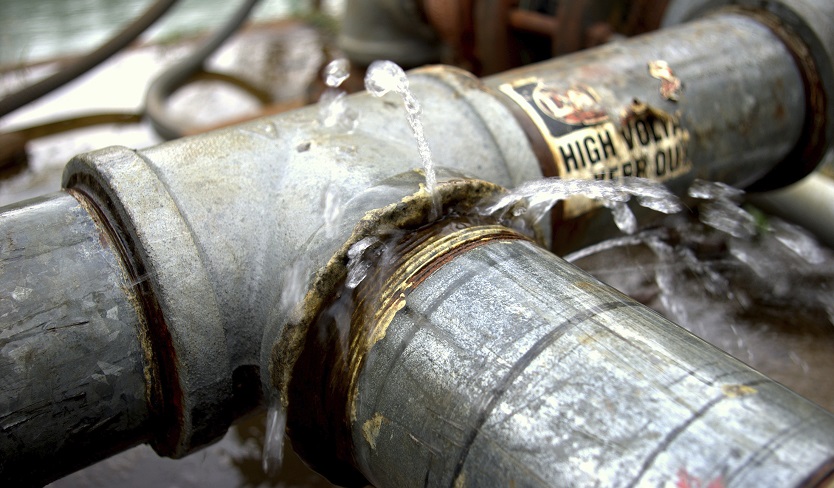
Septic tanks are a big offender when it comes to underground pollution of ground water. However, leaking fuel storage tanks like those found at gas stations and gas transport lines are also big offenders. Many modern gas pipelines are built above ground so they can be monitored and inspected better, but when a leak goes undetected, petroleum leaches into the soil and makes its way to our ground water just the same.
Waste Water
It's unconscionable, but businesses big and small still continue to try to save a buck by dumping their waste directly into the ground and/or water. Even when dumping untreated waste like dangerous chemicals and used cooking oils into the ground, they're still polluting the ground water that lays beneath it.
Garbage
Garbage such as water bottles, pressure-treated wood (which takes decades to break down), product packaging and even preservative-laden foods are thrown and blown into our waterways by careless littering. How much is unknown, but a quick scan of any shoreline around the world will tell you it's too much.
Air Pollution
It's a fact that inhaling air pollution caused by automobiles, home heating and manufacturing takes approximately 1 – 2 years off of a typical human lifespan. There are also many other staggering health facts about air pollution you can learn about here. The fact is that everything we release into the air comes right back down when it rains.
Pollution of the Marine Ecosystems
This happens in a number of ways. Most of which have been discussed already. However, once pollution enters the water, a cyclical effect takes place which makes it impossible for particularly dangerous waste like mercury, cyanide, aspartame, prescription drug waste and many other chemicals to ever leave it.
First, many of them can take hundreds of years to break down. Second, when marine animals and plants absorb this waste, it's released right back into the water when they die – and/or – passed onto the animals that eat them.
2. Solutions to Water Pollution
We can all do our part to help curb water pollution. Keep in mind that at this point in human history, doing your part is more about minimizing your own impact and doing your part to educate others. Even if pollution of all kinds stopped today, it would take nature thousands of years to repair itself.
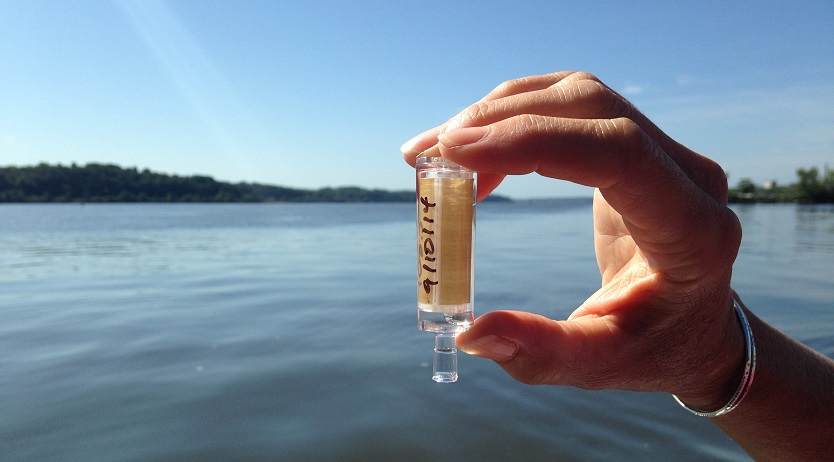
Water pollution is here to stay for the time being, but that isn't to say we can't make significant positive changes right now:
- If all we did was flush biodegradable bodily and food waste down the drain, our oceans and lakes would be much cleaner.
- Never throw recyclables in the garbage. They find their way to landfills and inevitably into our waterways as they break down over several decades, leaching BPA and other harmful chemicals into the groundwater.
- Encourage businesses to charge for plastic bags to encourage people to use reusable fabric bags instead.
- Find like-minded people and help organize cleanup days on our world's shorefronts. Most municipalities will pitch in if enough people are involved and offer free transport of waste to landfills.
- Don't throw used electronics, petroleum, paint, household chemicals, medical waste or any products containing mercury into the garbage. Google is your best ally in finding a local recycling or disposal center for dangerous goods and waste products.
- Use only environmentally-friendly cleaning agents and other household chemicals. Look for the appropriate Ecolabel on all products you buy.
- Have your septic tank inspected by a professional every 5 years for leakage.
- Boycott products from any company known to be a big environmental offender. There are several, many of which whose products you use on a daily basis. This includes not giving environmentally irresponsible cruise lines your business (Disney Cruise Lines are considered the most responsible).
- Get involved in politics. Laws, particularly environmental laws, are rarely enacted without public pressure. Force elected politicians to make protecting the environment and water supply one of their top agendas.
- Take everything you've learned today and educate everyone you can about the effects of pollution on the health of every living creature and organism on the planet.
3. Preventing Water Pollution is a “Must” not a “Should”
As the population continues to grow, our reliance on fresh water grows with it. The scariest fact of all about our dwindling water supply is that it all the data suggests half the world's population will be living in a water-stressed area as soon as the year 2025.
Wouldn't it be nice if the little fresh water that is available to us at that time was (relatively) clean and harmless?
For more inspirational posts on water, check out our blog.


